This Writing Exercise Changed Everything for me
When was the last time you wanted to confront an issue with someone but didn’t know how? Perhaps it felt too scary or threatened connection with that person? Avoiding conflict is an easy habit to fall into, especially if you’re a recovering people-pleaser like me.
And yet we know that honesty is so important. When I learned that people-pleasing was, in fact, just another form of dishonesty, I decided I needed to shift my mindset around “speaking straight,” as I like to call it.
However, There are times when honest conversation is not so helpful. The other person may not be able to give you the thoughtful response you’re looking for. In fact, it might be downright dangerous to initiate this form of transparency with the person who has caused you pain.
Whether you’re dealing with fear around confrontation or a not-so-safe situation where a clear conversation may be counterproductive, this writing exercise is a game-changer.
I’m talking about letter writing. It’s an effective, non-threatening way to process difficult emotions or experiences you have with someone…even yourself.
The best part? You can be brutally honest, working out past or present frustrations, and mentally, emotionally, and even physically manage situations that feel overwhelming.
How does it work? You simply put everything you need to say to someone down in letter-format. You can write several drafts, starting out raw and unfiltered and eventually rounding it out with a bit more tact. And, the best part is you get to decide if it’s worth sending the letter or not.
This is so effective because YOU now step into your power by saying all you need to say—the good, bad, and ugly—for YOU. When we can let go of the outcome and make this all about processing negative feeling emotions towards another person, we take responsibility for our process and slide into the driver seat of life.
We shift from the victim to the hero of our story.
Sure, you can send the letter if you want. But again, the secret sauce is in owning our power by letting go of outcomes and taking responsibility for our experience. This exercise becomes more about a healthy way to process difficult experiences and less about manipulating or fixing what’s been lost, even if you are in the right.
So, who do you need to write a letter to? What do you need closure or clearing around?
Grab a pen and some paper and let’s get to it…

